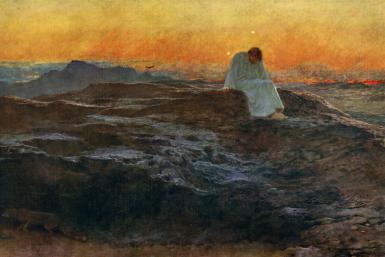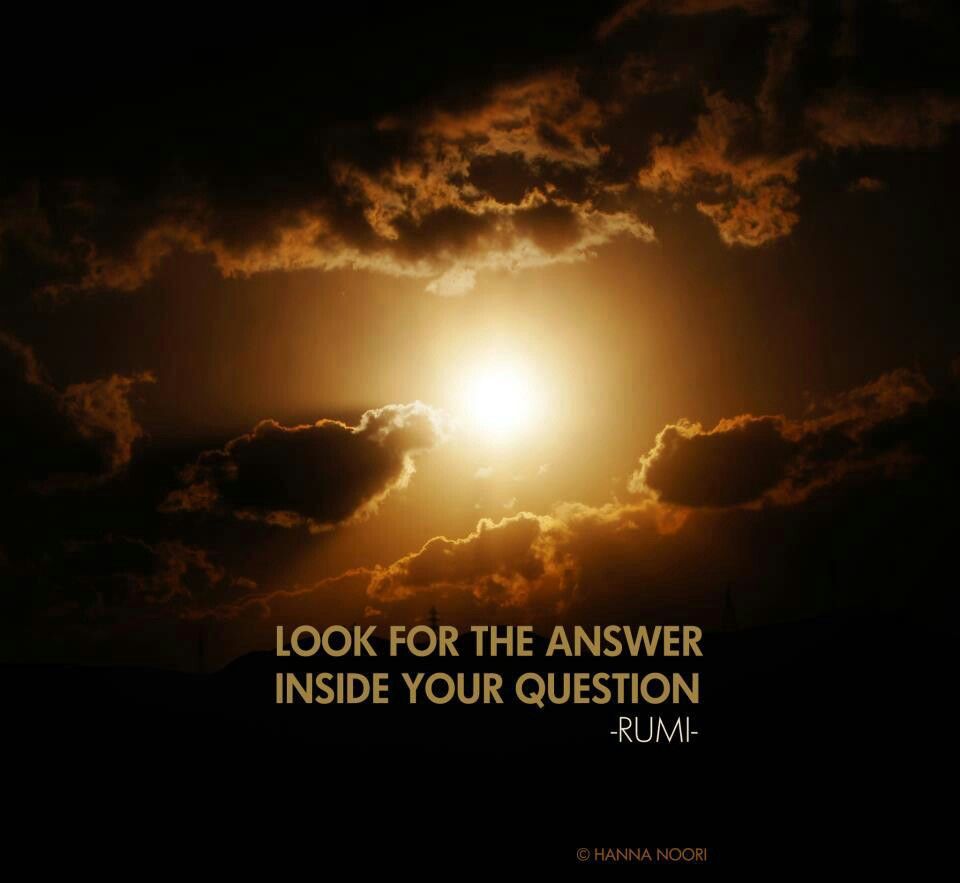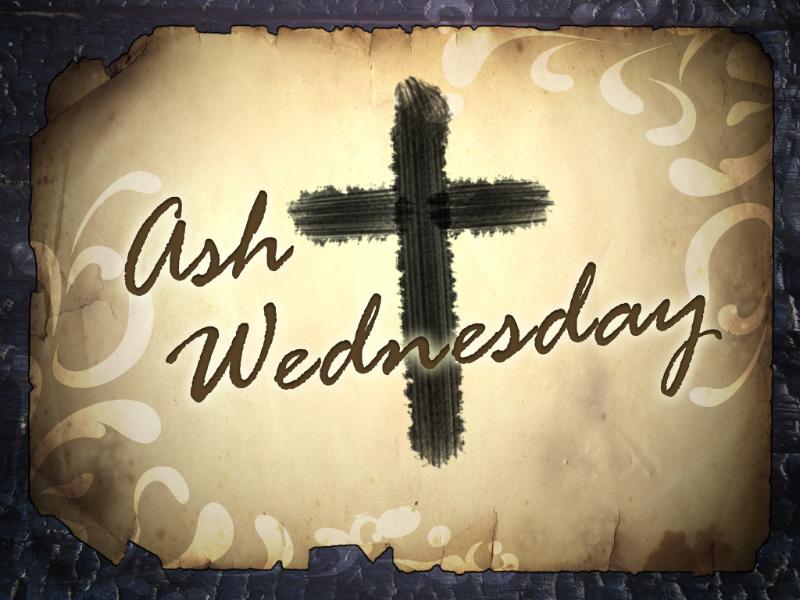Lenten Reflection Day 3 (Feb 24): FASTING (from Joel 2:12-17).
SONG: Fasting Song by James Ironshell: https://youtu.be/TLcqpegeI5o POEM: Jorie Graham: Fast (excerpt). Fast or starve. Too much. Or not enough. Or. Nothing else? QUOTE: Terry Pratchett: Over the centuries, mankind has tried many ways of combating the forces of evil … prayer, fasting, good works and so on.




